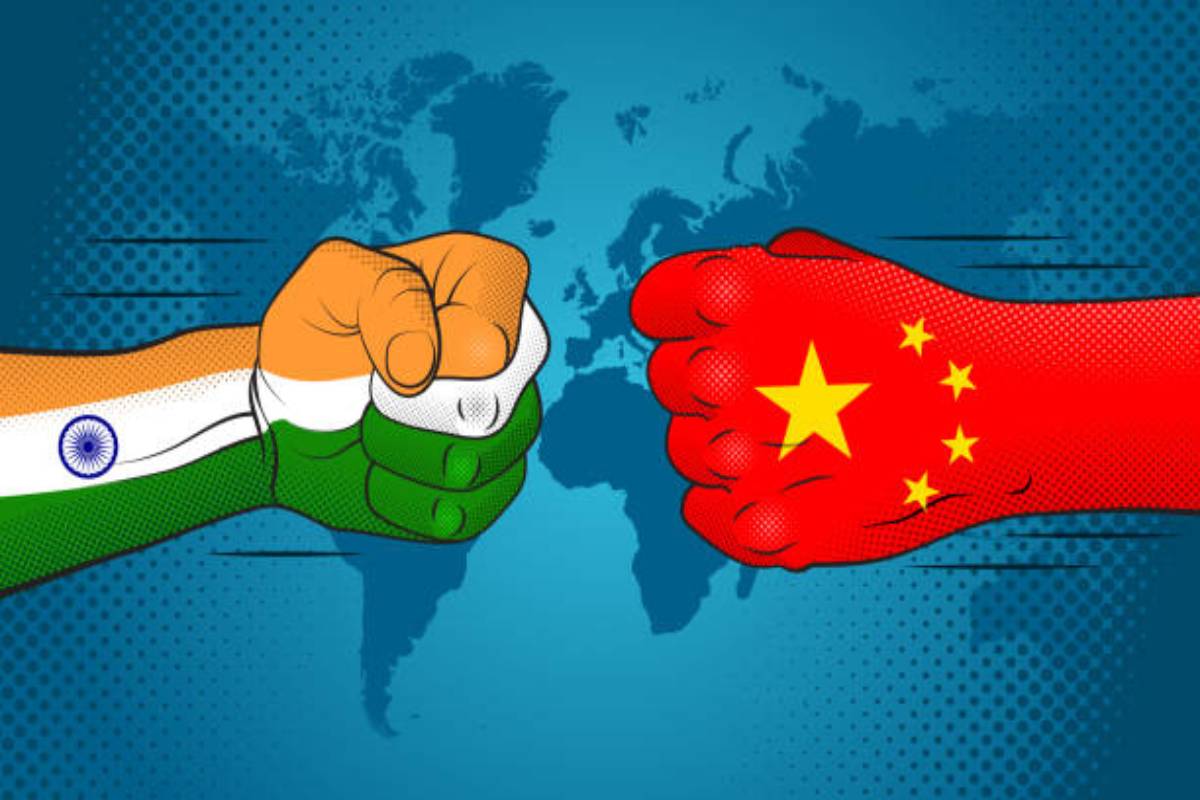India firmly told China yet again that the prolonged military stand-off in eastern Ladakh has eroded strategic trust and underlined the importance of resolving the stalemate at the border to normalise bilateral ties.
National Security Advisor Ajit Doval yesterday met Wang Yi, Member of the Communist Party of China (CPC) Political Bureau, who has since been named as China’s Foreign Minister, on the sidelines of the BRICS NSAs’ meeting in Johannesburg last evening.
Advertisement
”During the meeting, the NSA (Doval) conveyed that the situation along the LAC in the Western Sector of the India-China boundary since 2020 had eroded strategic trust and the public and political basis of the relationship. The NSA emphasised the importance of continuing efforts to fully resolve the situation and restore peace and tranquility in the border areas, so as to remove impediments to normalcy in bilateral relations,” the Ministry of External Affairs (MEA) said today.
The two sides agreed that the India-China bilateral relationship was significant not only for the two countries but also for the region and world.
Earlier this month, External Affairs Minister S Jaishankar had met Wang, the top diplomat of China, in Jakarta on the margins of the ASEAN engagements and conveyed to him the importance of resolving outstanding issues related to peace and tranquility in border areas.
Official Chinese news agency Xinhua quoted Wang telling Doval that the two sides should enhance strategic mutual trust, focus on consensus and cooperation, overcome obstacles and bring bilateral relations back on track of sound and stable development as soon as possible.
The rise of China and India would determine the future of the world and Beijing would not follow the path of some countries “seeking hegemony” and was willing to work with developing countries, including India, to support multilateralism and development of a just and reasonable global order, Wang is believed to have stated.









